What if our brains, in addition to intellectual nourishment, needed sensory tenderness? In an increasingly fast-paced, noisy, and demanding world, the need for calm and tenderness is becoming increasingly apparent. And this need isn't just a matter of mood: it could well be a biological imperative for our mental and physical well-being. Let's explore the subtle link between gentleness and how our brain functions.
Summary
- Softness, a soothing sensory stimulation
- The brain seeks security and comfort
- Softness and sleep: a deep connection
- Towards gentle mental hygiene on a daily basis
- What if the brain needed gentleness?
- FAQ
- Related articles
Softness, a soothing sensory stimulation
Touch: A fundamental sense for brain balance
Touch is the first sense to develop in the fetus. It constitutes an essential bridge between the body and the mind. From birth, gentle contact reinforces the feeling of security and nourishes the emotional bond. In adulthood, these stimuli retain their importance: they activate brain regions associated with reward and calming. A caress, a silky fabric, or a delicate touch can be enough to calm tension or refocus attention.
The effect of textures on our nervous system
Every texture we touch sends a signal to our nervous system. Rough or synthetic materials can increase excitability, while soft textures trigger a parasympathetic response: slowing of the heart rate, calmer breathing, and a feeling of calm. Silk , for example, acts as a natural envelope of well-being, stimulating the skin's finest touch receptors .
The brain seeks security and comfort
Stress, cortisol and the need for gentleness
Under stress, our bodies release cortisol, the alertness hormone that prepares the body for action. But in the long run, this alert mode drains our mental resources. Gentleness, whether visual, audible, or tactile, sends a powerful counter-signal: it encourages relaxation. A calm voice, golden light, or an enveloping material triggers a measurable drop in cortisol, giving the brain a restorative break.
Why gentleness reduces anxiety
Softness is a universal language of comfort. By activating the parasympathetic system, it lowers blood pressure, regulates breathing, and signals to the brain that everything is under control. This return to physiological balance reduces mental ruminations, limits anxiety loops, and promotes a state of active serenity. A soft blanket, a fluffy pillow, or a silk pillowcase can thus become true anti-stress allies.
Softness and sleep: a deep connection
The tactile environment as a sleep preparer
Falling asleep doesn't depend solely on fatigue. It's also conditioned by the sensory environment. The brain, in order to "let go," needs reassuring signals. Soft bedding , a stable temperature , and subdued lighting create an atmosphere conducive to the secretion of melatonin. This sensory context reduces micro-awakenings at night and promotes deeper sleep .
Silk: A sensory ally for the nocturnal brain
Naturally thermoregulating, soft, and hypoallergenic, silk is a material that respects skin sensitivity. It prevents friction, limits irritation, and provides a sensation of freshness or warmth depending on the body's needs. For the brain, these conditions promote faster falling asleep, better sleep continuity, and optimal cognitive recovery. Silk pillowcases , in particular, are popular for their unique comfort.
Towards gentle mental hygiene on a daily basis
Ritualize gentleness in your day
Incorporating moments of gentleness into your daily life is a way to give your brain some much-needed breathing space. These can be simple gestures: wrapping yourself in a long silk bathrobe after your shower, listening to slow music, or massaging your temples with a silky oil. These micro-rituals signal to the nervous system that it can relax, even for just a few minutes.
Textiles, sounds, lights: creating a sensory cocoon
Our sensory environment influences our mental state. Choosing comfortable textiles, dimming the lights at the end of the day, and surrounding yourself with natural materials all help create a safe space. The brain perceives this setting as a haven, conducive to gentle concentration or daydreaming. In short, arranging your interior also means taking care of your inner peace. To achieve this, women's silk nightwear or short silk pajamas bring a feeling of elegance and serenity as soon as evening falls.
“Our sensory environment influences our mental state.”
What if the brain needed gentleness?
Softness is not a superfluous luxury, but a fundamental need, inscribed in our biology. Our brain, the sensory organ par excellence, reacts to stimuli from its environment in subtle but powerful ways. Offering your mind moments of calm, enveloping materials, and reassuring atmospheres promotes deep and lasting well-being. What if the secret to a more peaceful life lay in these simple gestures, within everyone's reach?
Silk, a caress for your brain
Soft, natural, reassuring: silk is a precious ally to soothe the body and mind, day and night.



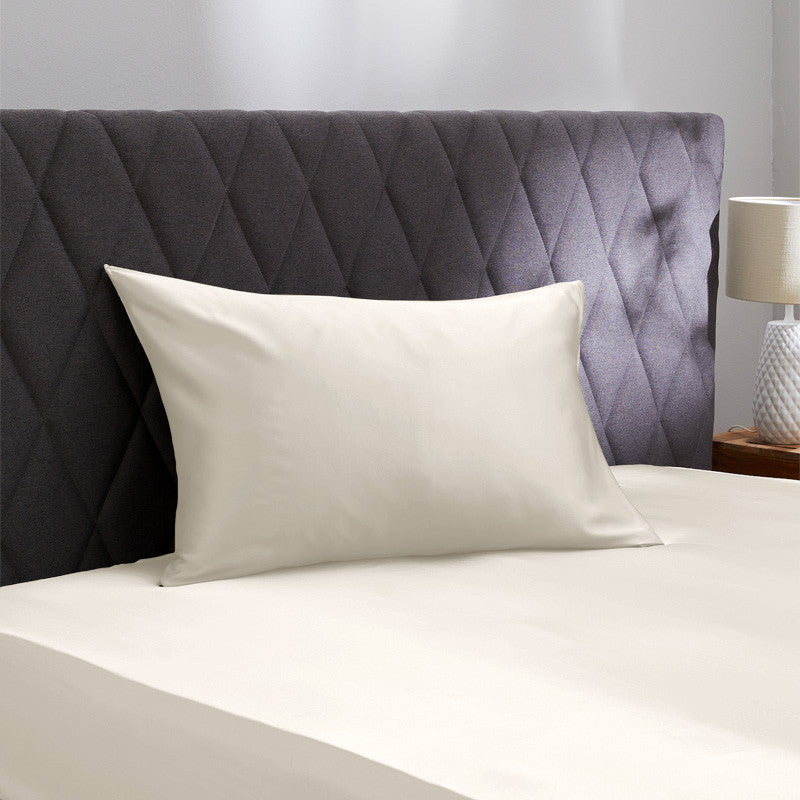
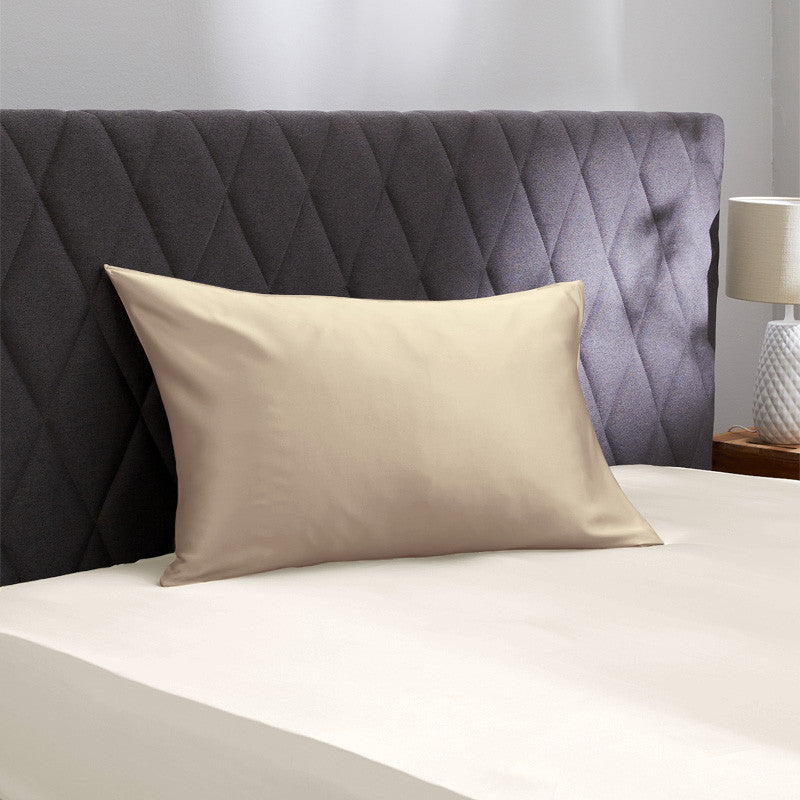
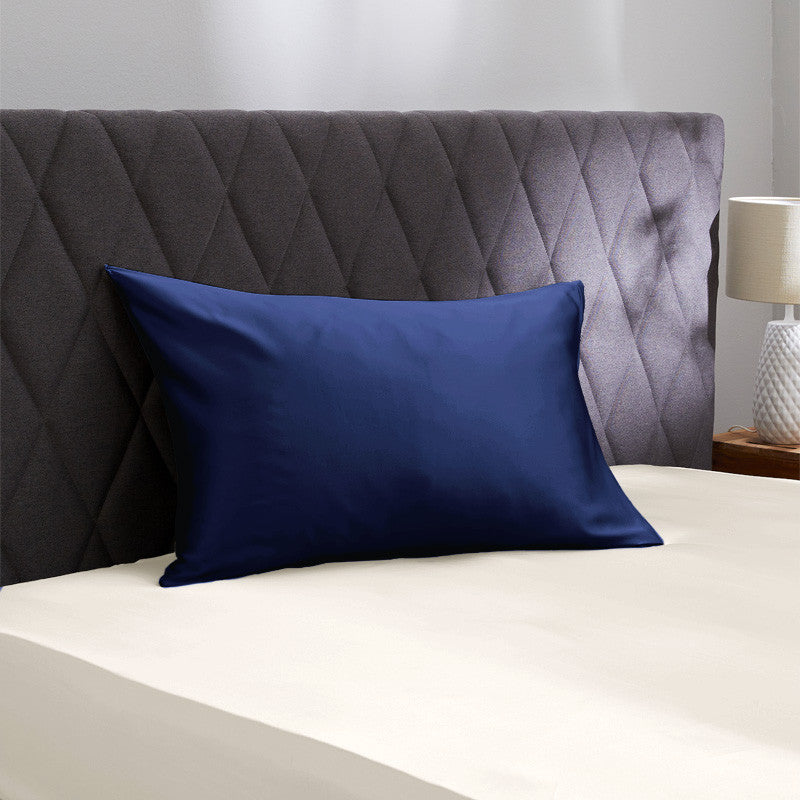
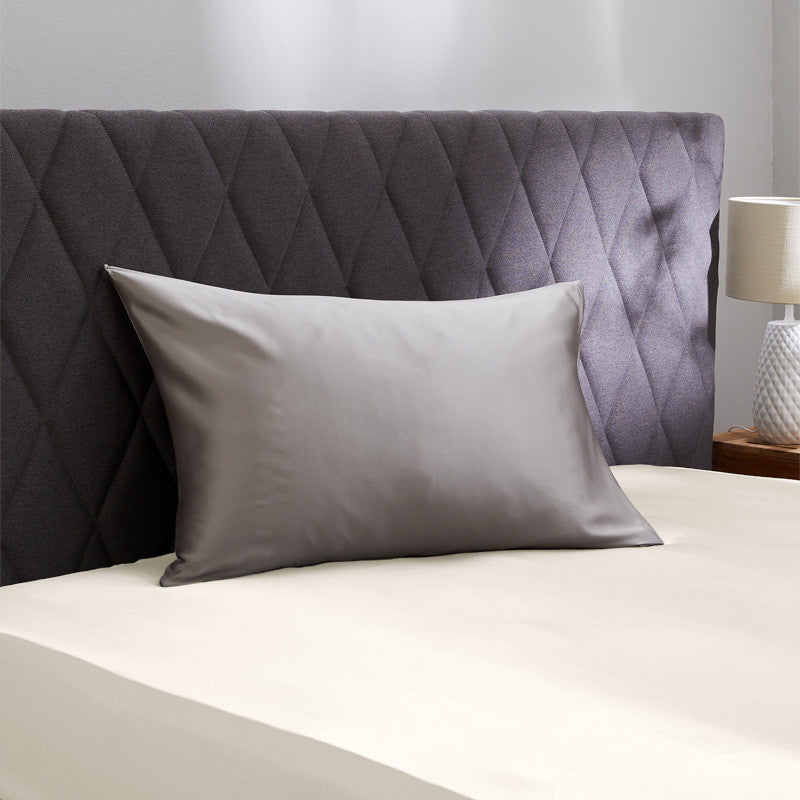
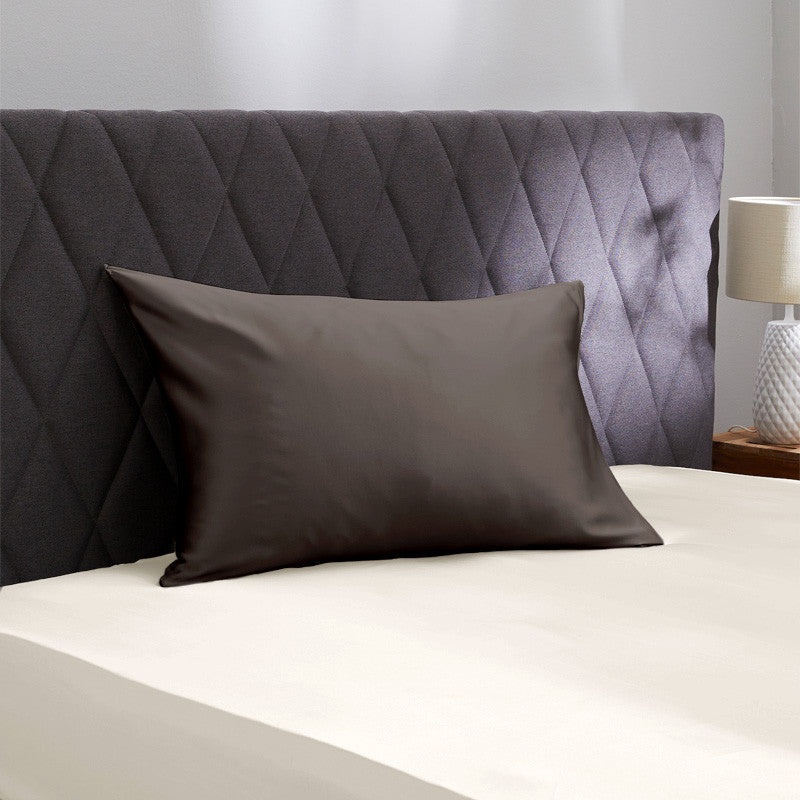
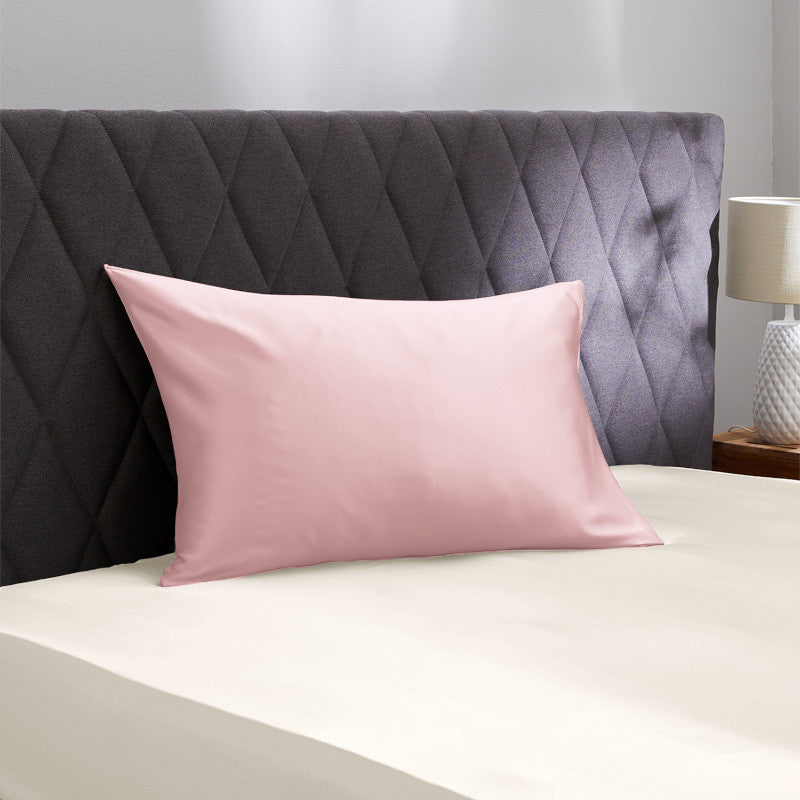
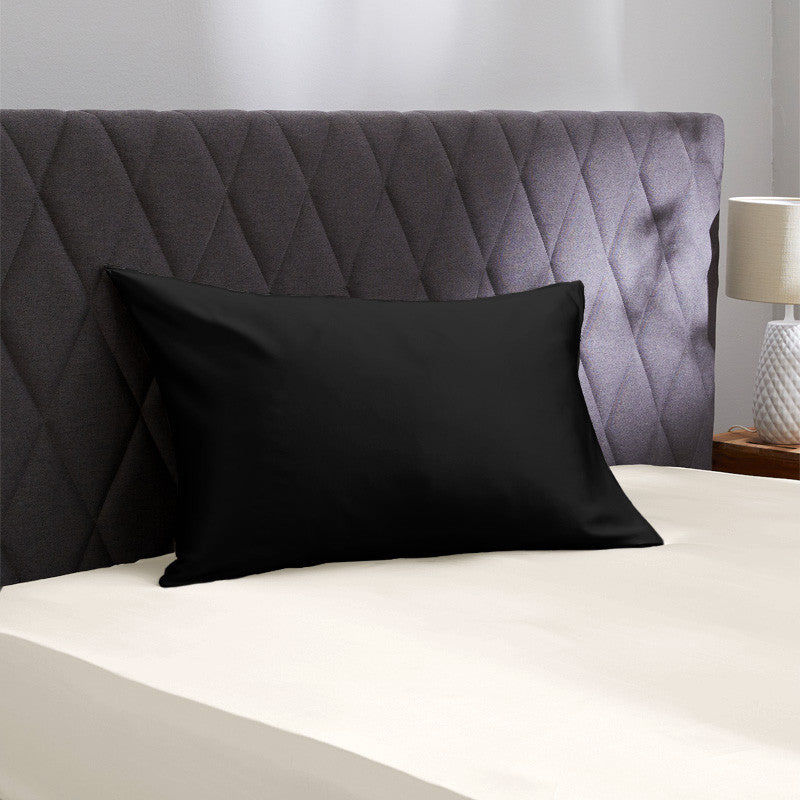
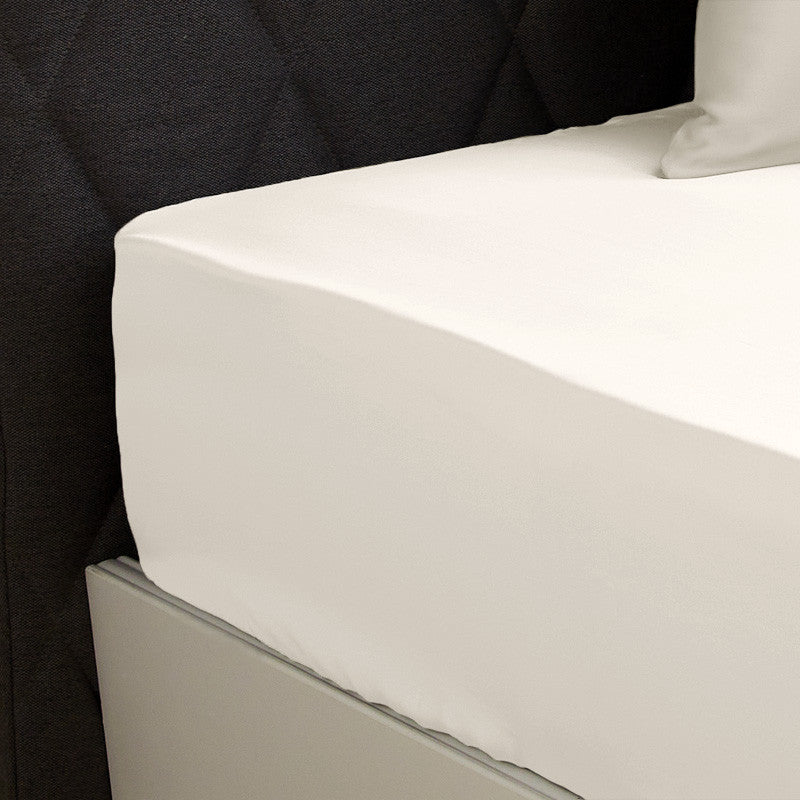
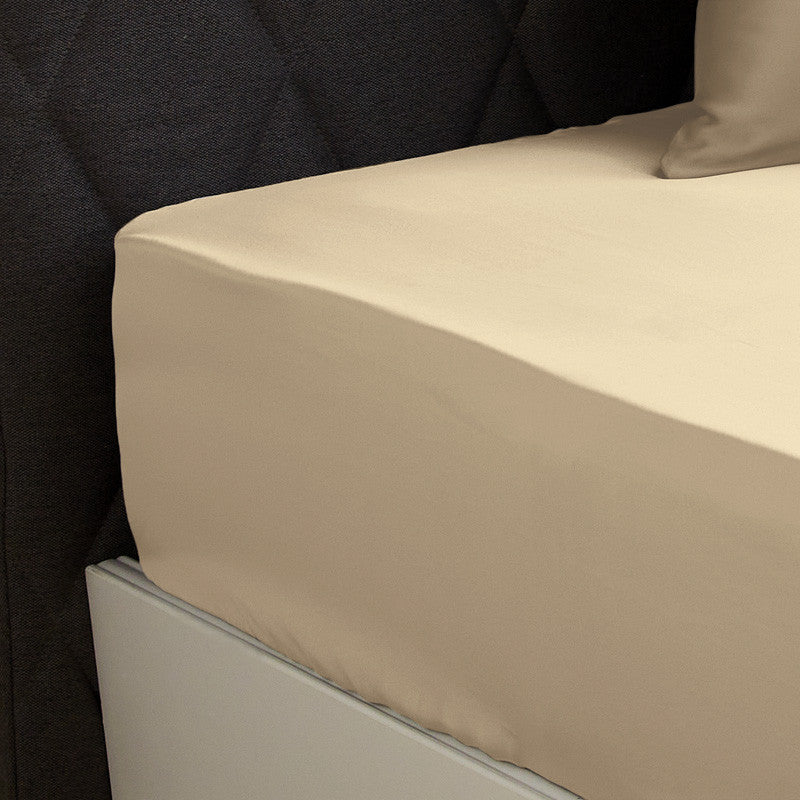
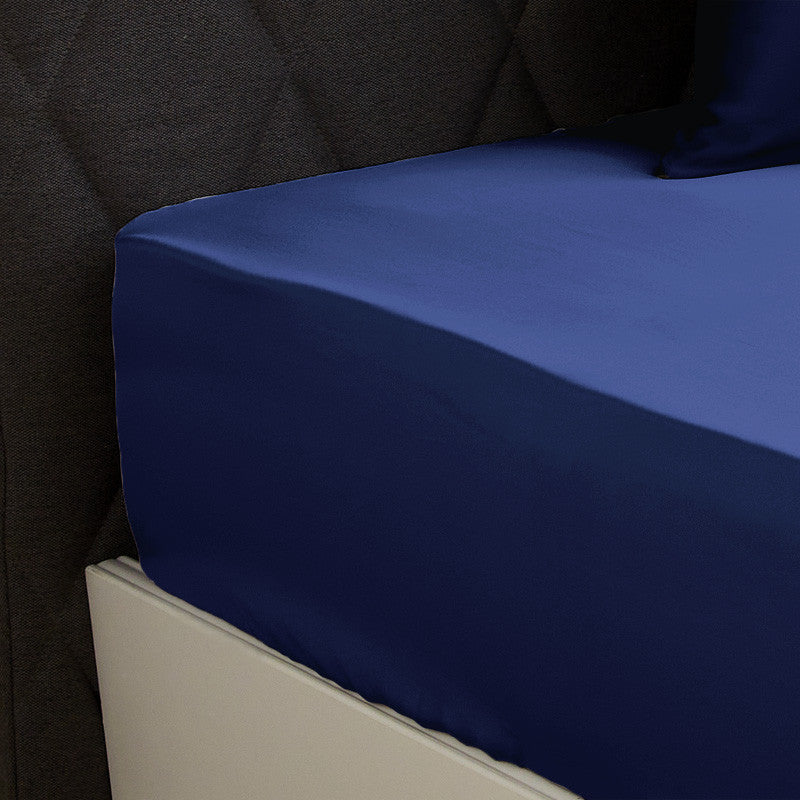
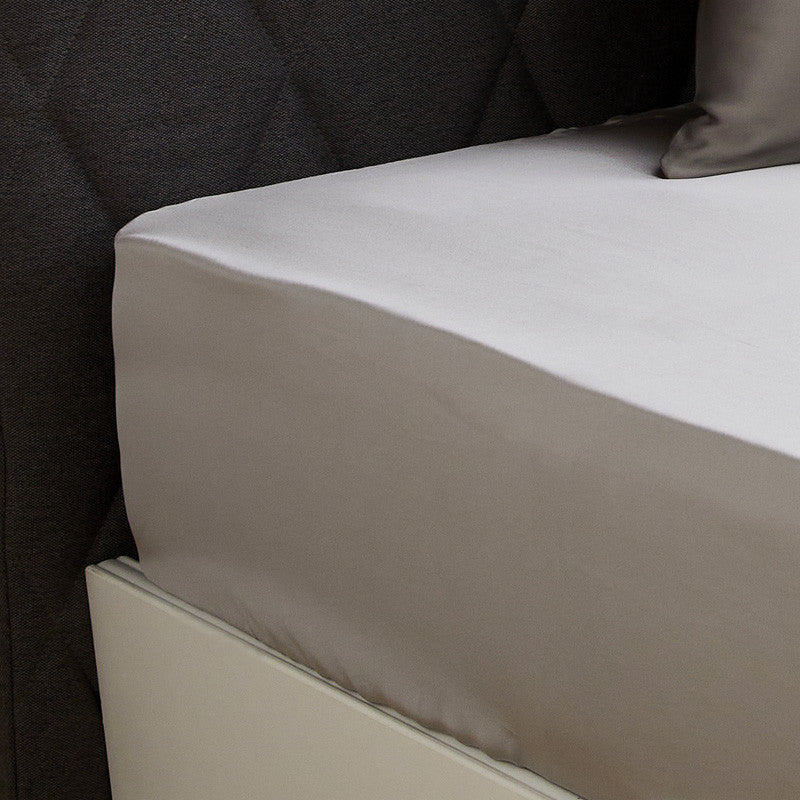
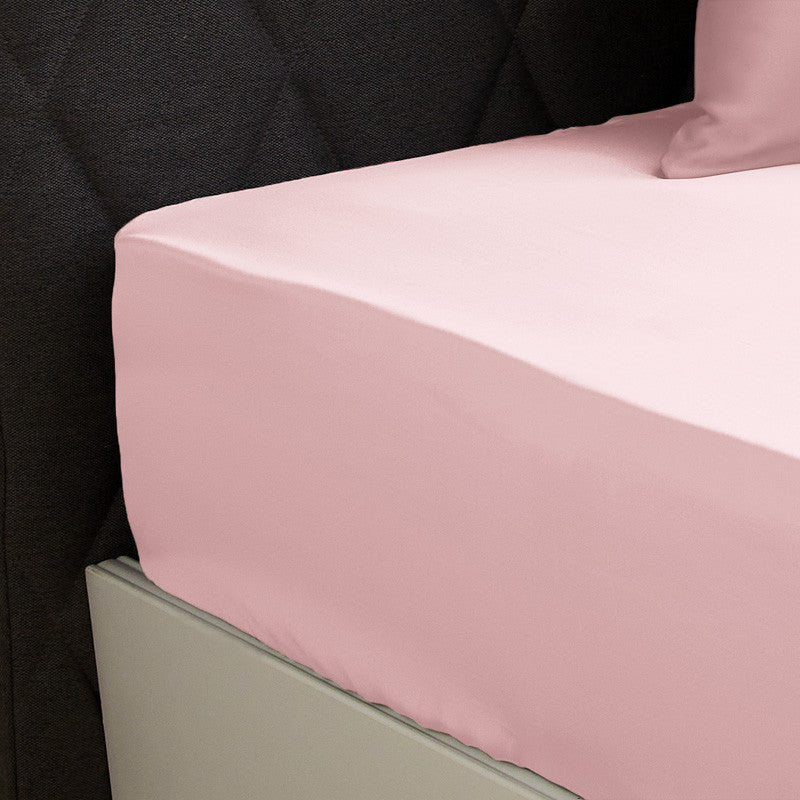
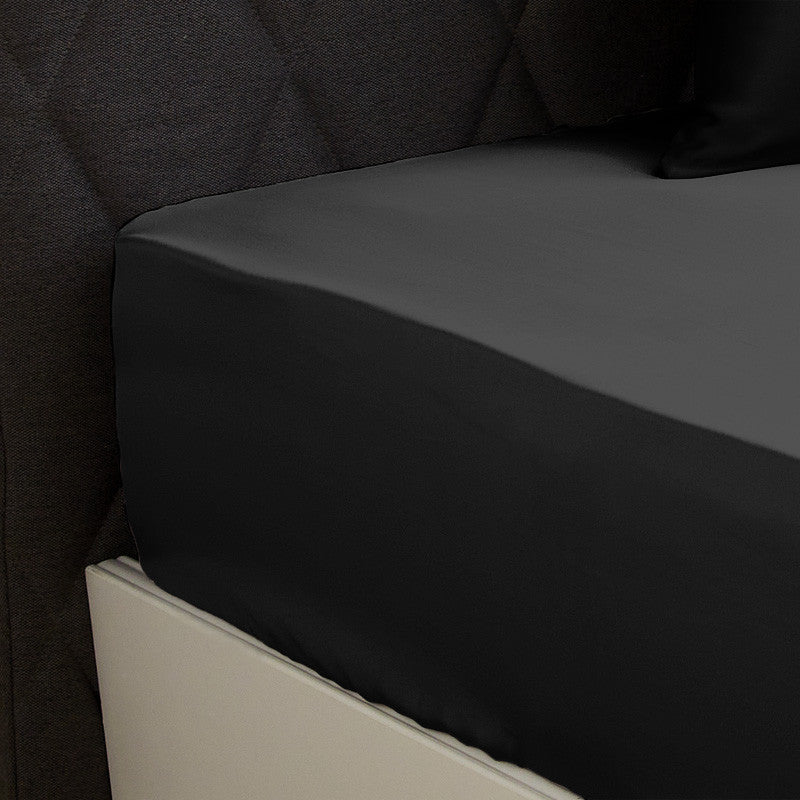
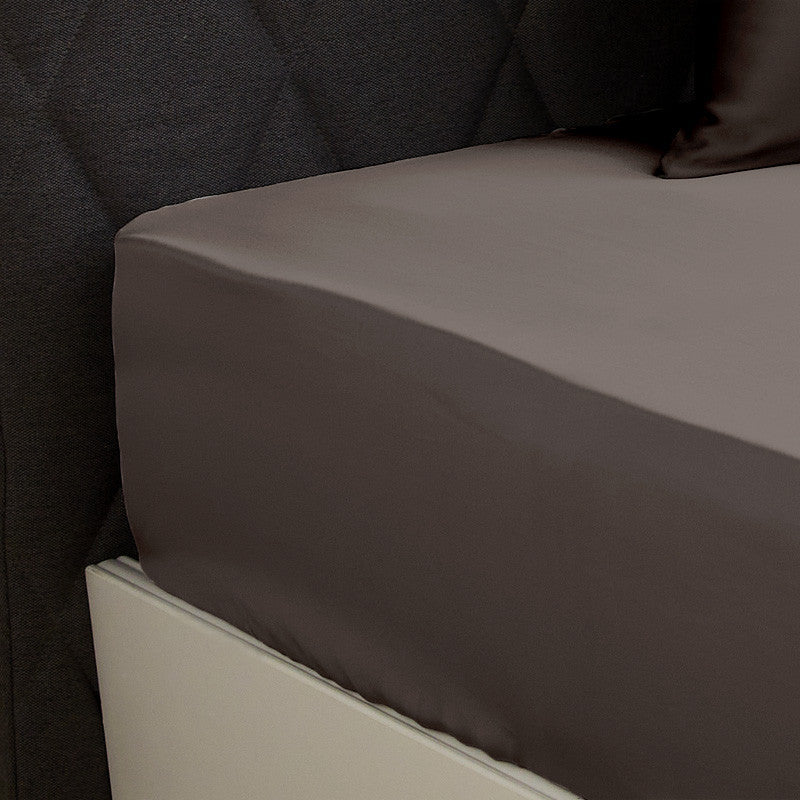
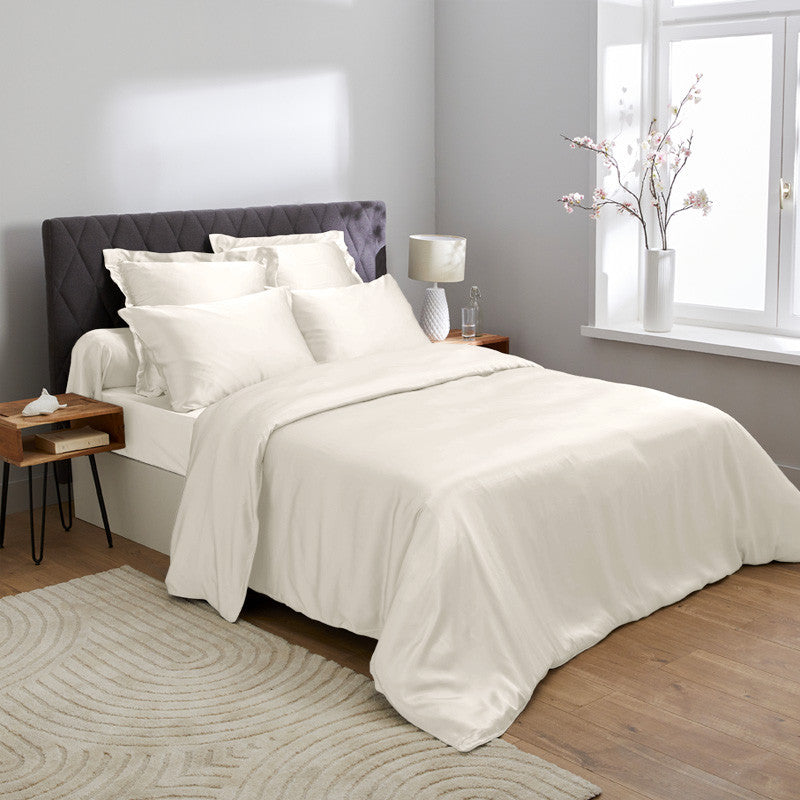
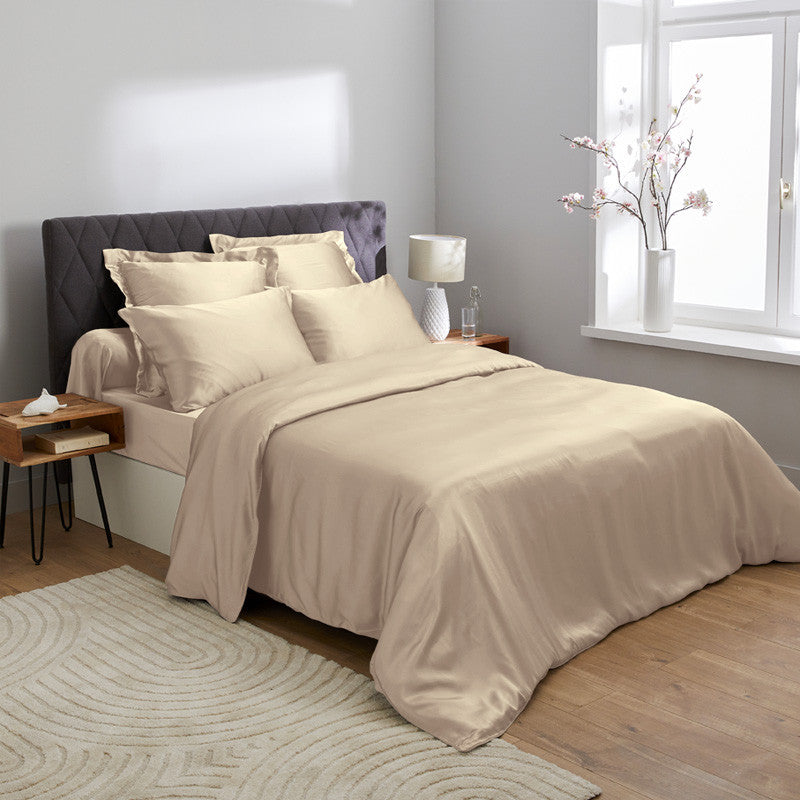
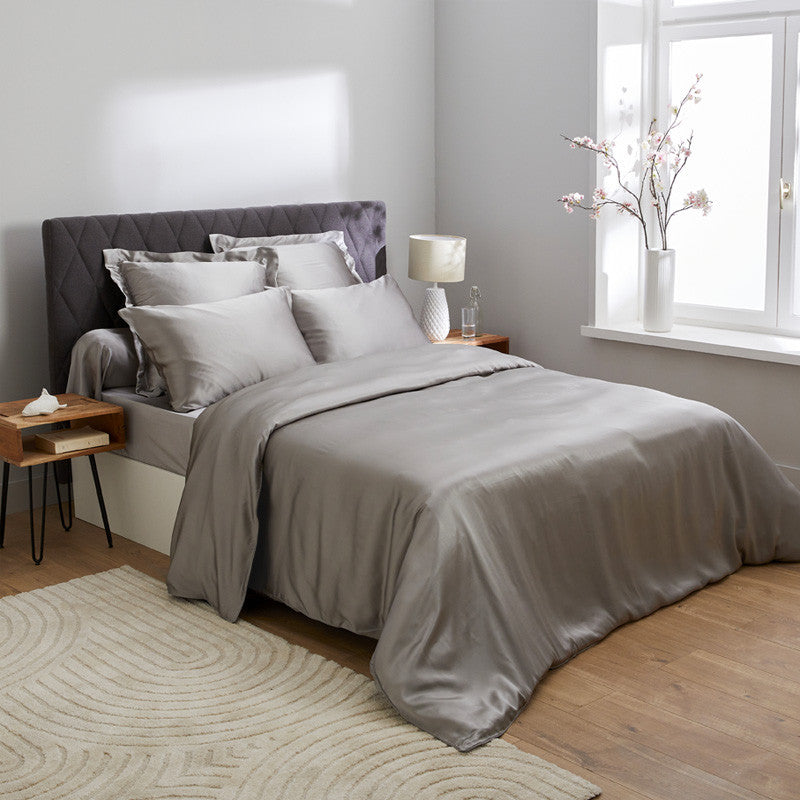
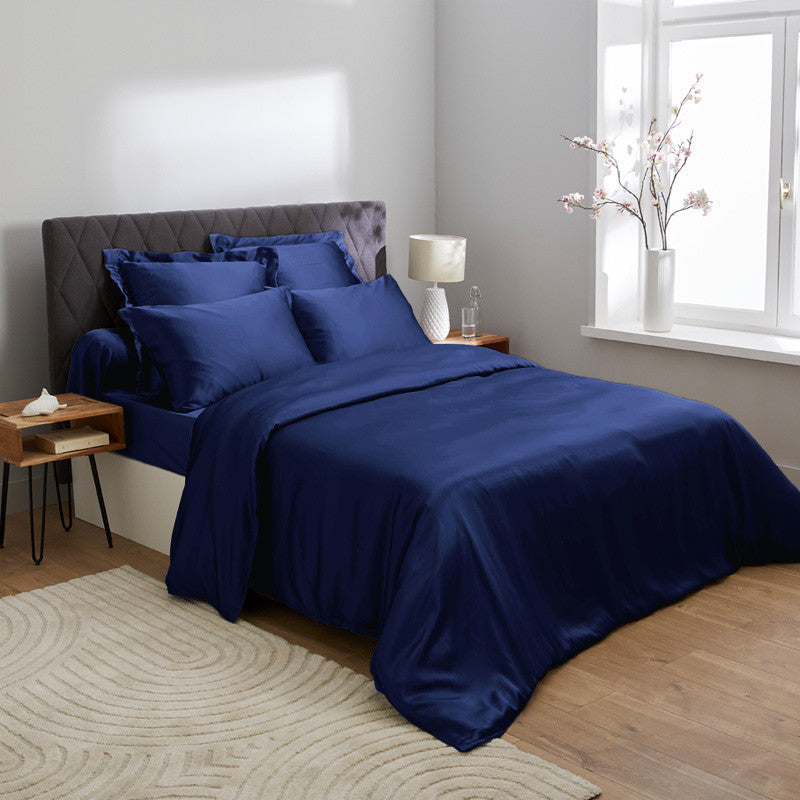
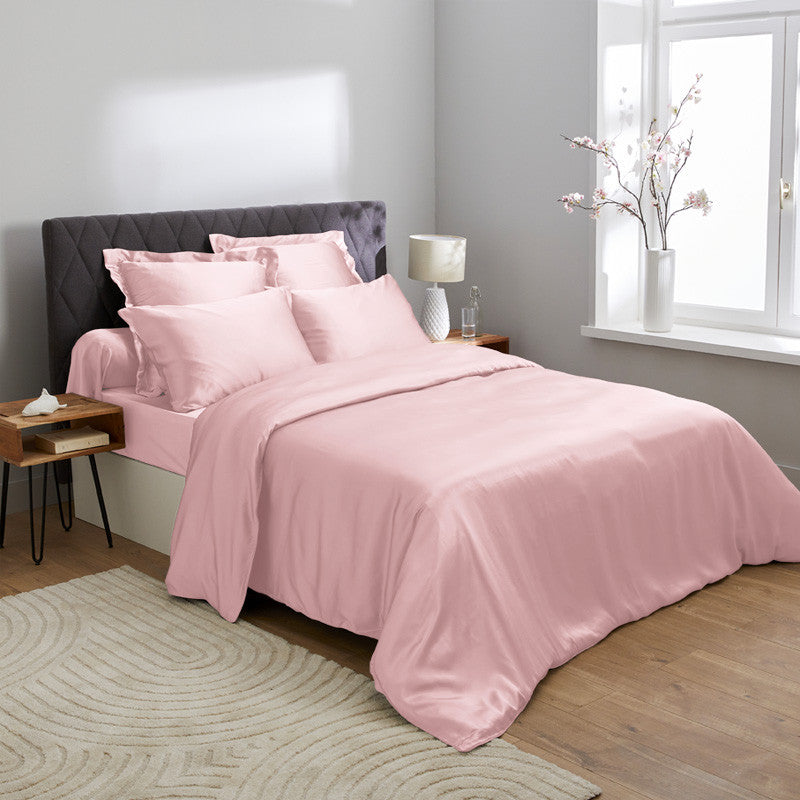
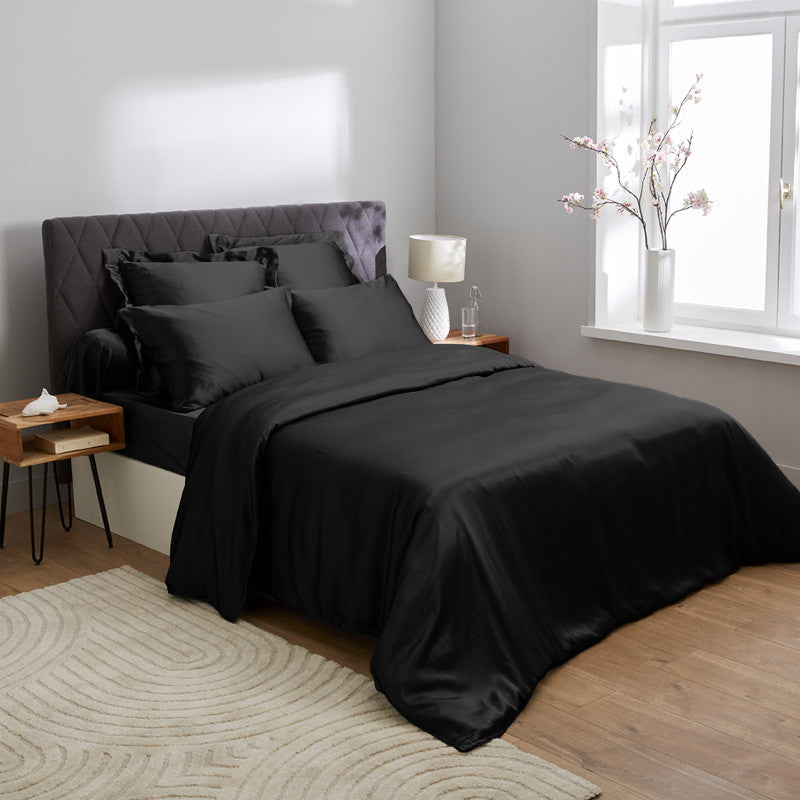
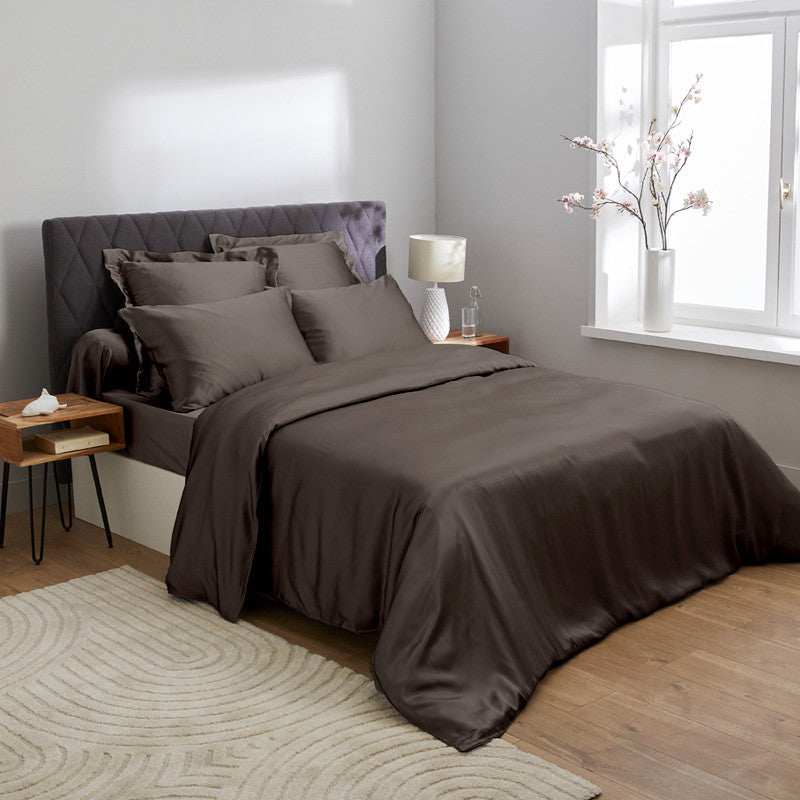



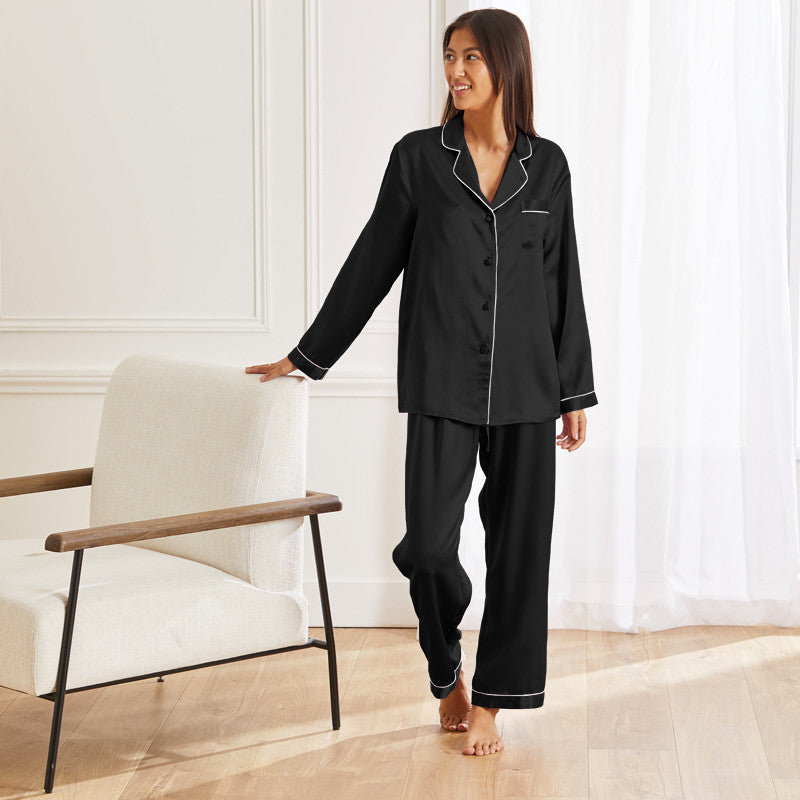
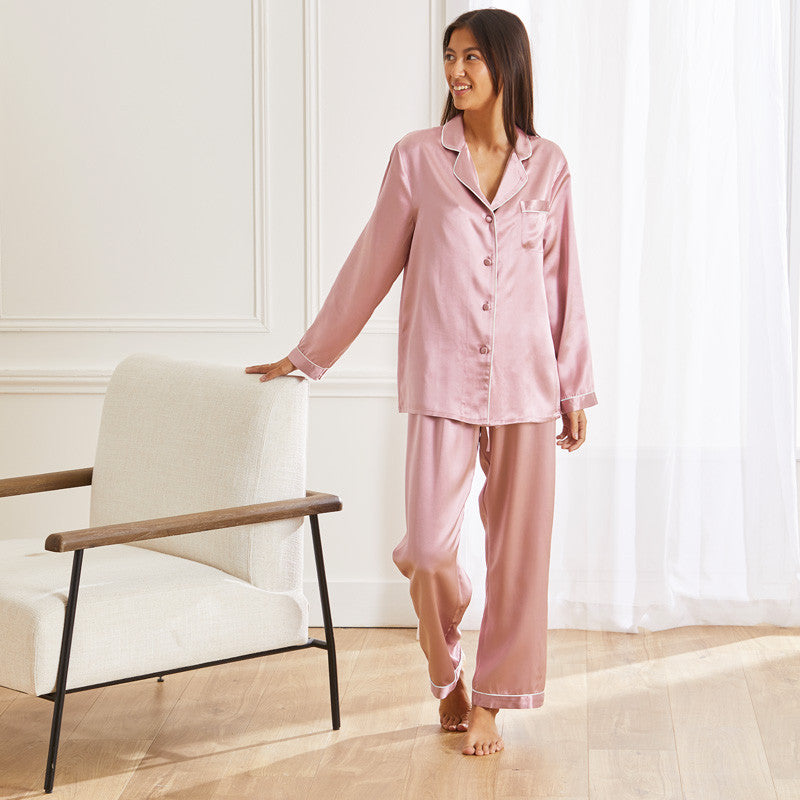
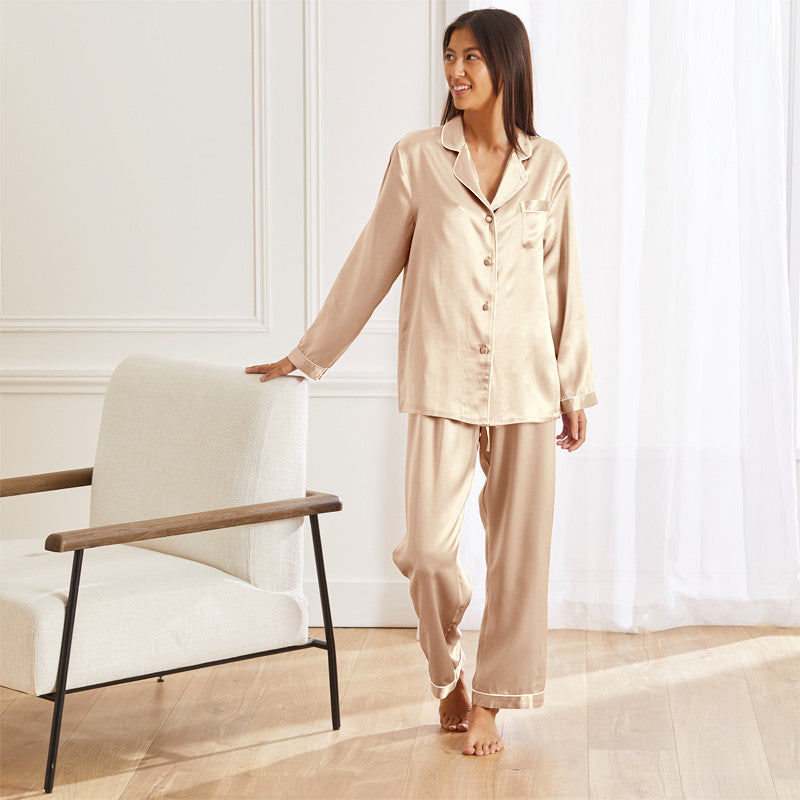
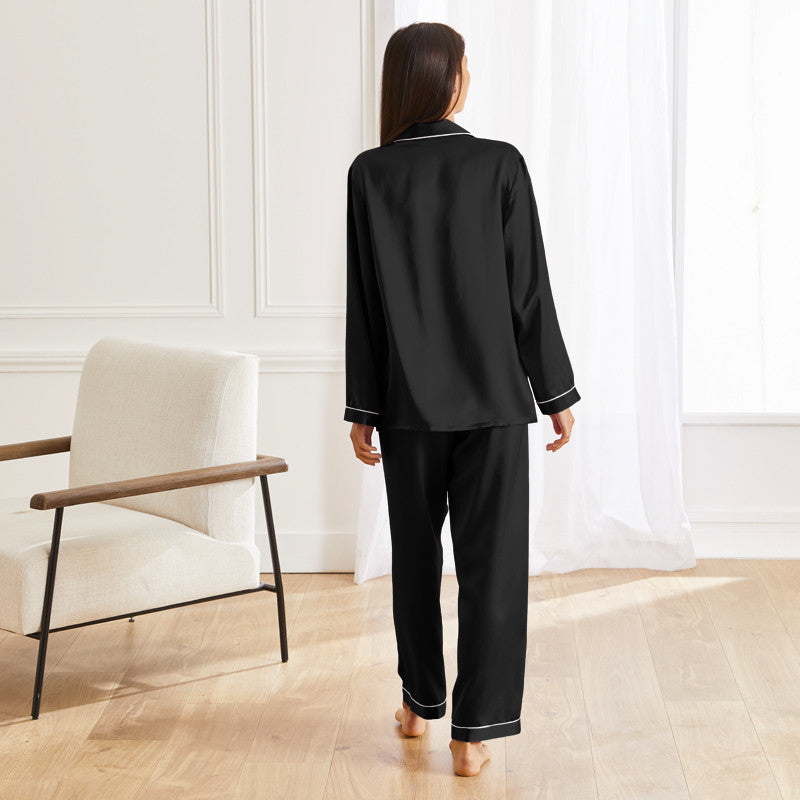








Leave a comment